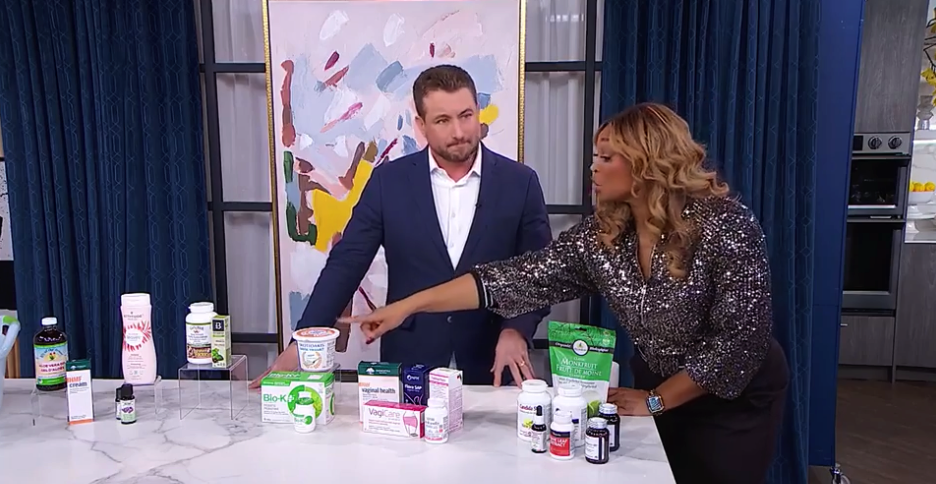Tackling the Taboo: Understanding Fungal Infections with Bryce Wylde
When it comes to discussing our health, there are certain topics that often go unspoken, hidden behind a veil of embarrassment or deemed too taboo to talk about openly. It’s precisely these topics, however, that require our attention and understanding the most. This is why we’re thrilled to introduce our latest segment on TMI – where no topic is too much information – focusing on a subject that affects many but is seldom discussed in the open: fungal infections.
This enlightening conversation with health expert Bryce Wylde dives deep into the world of fungal infections, shedding light on their causes, varieties, and the best methods for treatment and prevention. Bryce’s approachable manner and deep knowledge make this complex topic accessible to everyone, ensuring that you come away informed and empowered to take control of your health.
Unveiling the World of Fungal Infections
Fungal infections, as Bryce explains, are diseases caused by fungi, including molds and yeasts, and they primarily affect the skin. However, their impact doesn’t end there. These infections can range from mild conditions like athlete’s foot and yeast infections to more severe forms that can significantly affect individuals with weakened immune systems.
Among the most commonly discussed types are Tinea and Candida infections. These are usually mild and easily treated when caught early. Tinea infections, caused by dermatophytes, can affect various parts of the body, leading to conditions such as athlete’s foot, jock itch, ringworm, and nail fungus. Candida, on the other hand, is a yeast that can lead to infections like vaginal yeast infections, oral thrush, and even invasive candidiasis in severe cases.
The Role of Nutrition and Topical Treatments
Bryce also highlights the crucial role of nutrition in managing and preventing fungal infections. For example, balancing the gut microbiome with probiotics, reducing sugar intake, and being cautious with fermented foods are key steps in controlling Candida overgrowth. Similarly, consuming foods rich in lactobacilli can help maintain a healthy vaginal pH balance.
Topical treatments are another effective way to combat fungal infections. Bryce shares a variety of natural remedies, including tea tree oil, coconut oil, and probiotic suppositories, that can provide relief and aid in the healing process. Additionally, maintaining proper personal hygiene and a healthy diet are essential preventive measures everyone can take.
Empowering Yourself Against Fungal Infections
This segment with Bryce Wylde not only educates on the different types of fungal infections and their treatments but also encourages open dialogue about these often-taboo topics. By understanding the causes, symptoms, and preventive measures, we can better protect ourselves and our loved ones from the potential impact of fungal infections.
Remember, knowledge is power, especially when it comes to our health. Let’s break the silence and spread the word on how to manage and prevent fungal infections effectively.
Join Cityline Wednesdays at 10am on CityTV as we continue to explore more topics that matter to your health, with expert advice and tips from Bryce Wylde. Because when it comes to your well-being, no question is too much information.
Bryce Wylde’s advice, grounded in both research and practical application, offers viewers a roadmap to better health, underscoring the importance of personalization in wellness strategies but any and all advice given by Bryce Wylde and/or summarized here on his blog are for general informational purposes only and should not be considered as medical advice or a substitute for professional medical consultation, diagnosis, or treatment. Before making any changes to your health and wellness routine, including but not limited to dietary supplements, physical activities, or lifestyle changes, it is crucial to consult with a qualified healthcare professional to ensure that such changes are appropriate and safe for your specific health condition and needs. The views and suggestions made by Bryce Wylde are based on his own expertise and understanding and should not be taken as an endorsement of any particular treatment, product, or course of action. Always seek the guidance of your doctor or another qualified health provider with any questions you may have regarding a medical condition or before embarking on any new health program.
